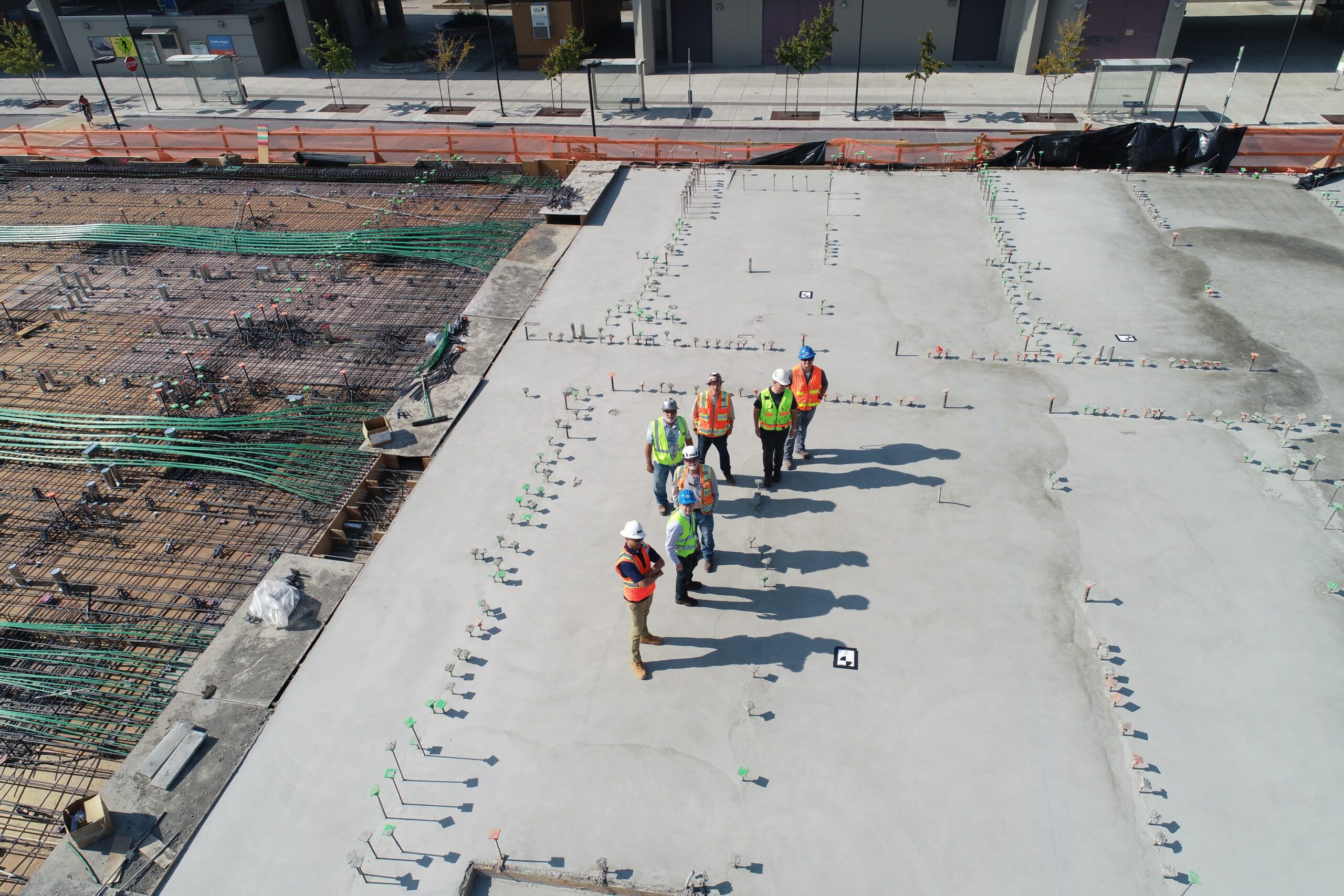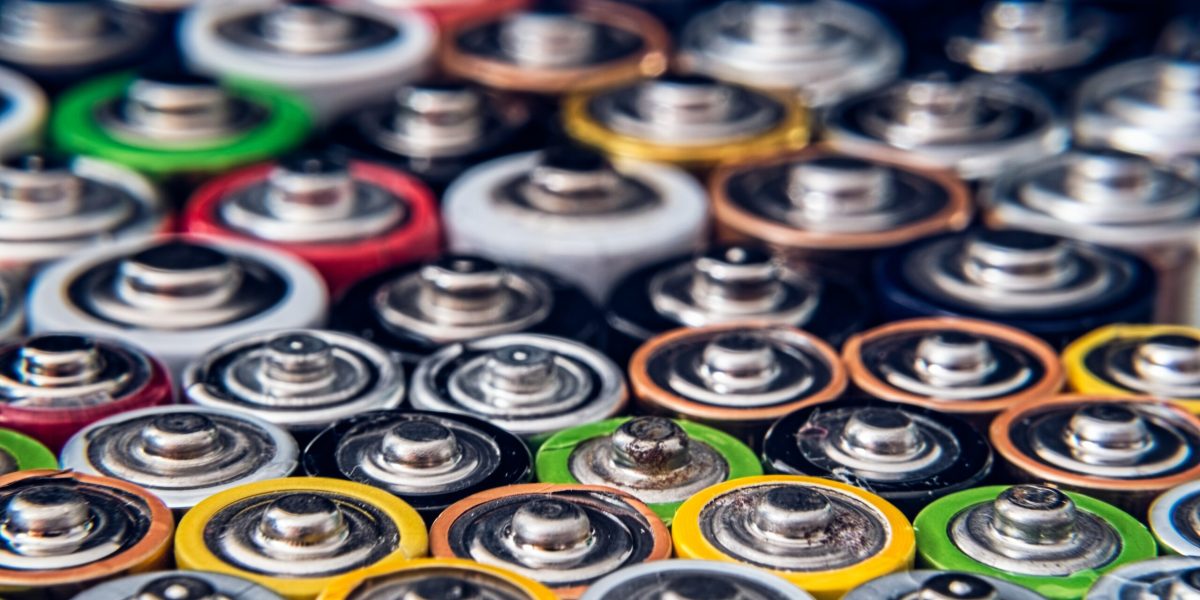
Today’s Batteries, Lithium-Ion & Emerging Risk

Undoubtedly, there continues to be a growing demand for portable power for tools and equipment in today’s world. This demand continues to grow the existing need for lithium-ion batteries and they have become commonplace and perhaps taken for granted.
Are there concerns with lithium-ion batteries?
Charing and storage of batteries may create heat and related fire potentials. Charging of batteries requires properly designed and installed charging stations. Whether the charging system is based on AC or solar charging, some energy is converted to heat during the charging process. Proper design of charging systems including wiring and ventilation are critical to proper and efficient battery charging. Charging batteries with systems that are not specifically designed to charge the batteries can create excess heat damaging wiring, charging devices, or the battery. If sufficient heat builds, fires can result.
To help control the risk of fire, batteries and charging devices should be maintained in either open areas or enclosures with sufficient ventilation to maintain cool temperatures during charging. The larger the battery or the more batteries being charged will require greater controls in terms of power supply, wiring, charging, cooling, and fire mitigation.
Overcharging or charging damaged batteries can cause the leaking of chemicals and increased fire damage. In addition to fire damage, a chemical release may pose health risks to employees and property damage risks to your facility.
Lithium-Ion fires can be challenging to control as they burn very hot and may react with water and minimizing fire control methods. Installation of battery charging should be completed in accordance with all local codes, and the manufactures instructions and for larger-scale charging, qualified electricians or contractors should be consulted.
Employees should be properly trained on battery charging, battery inspection, and replacement of damaged batteries. Batteries should be protected from overcharging. Charging stations should be protected and if possible, in isolated areas. The Innovise Risk Control team can assist you with proper coverage and risk control, contact us today.



